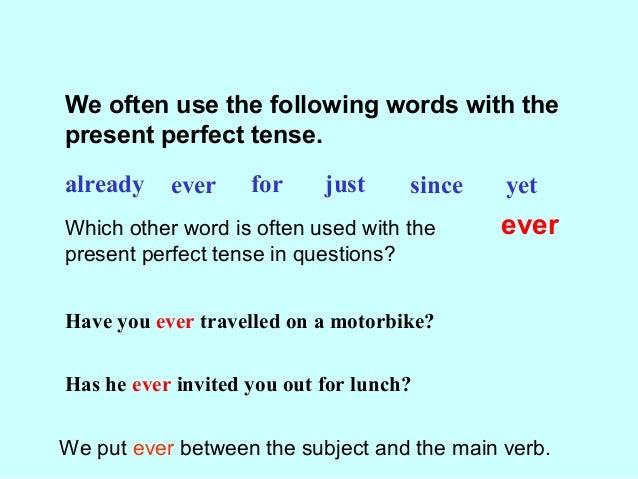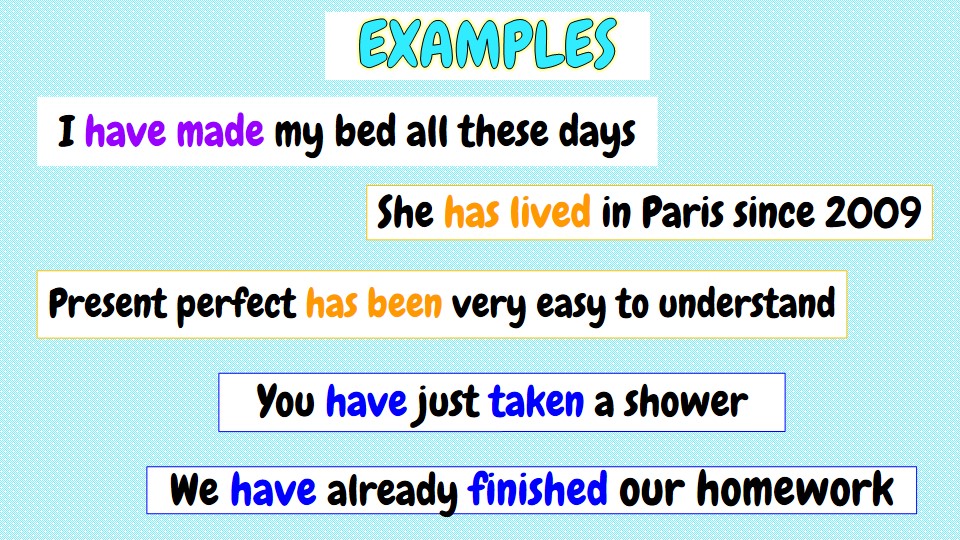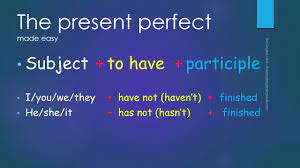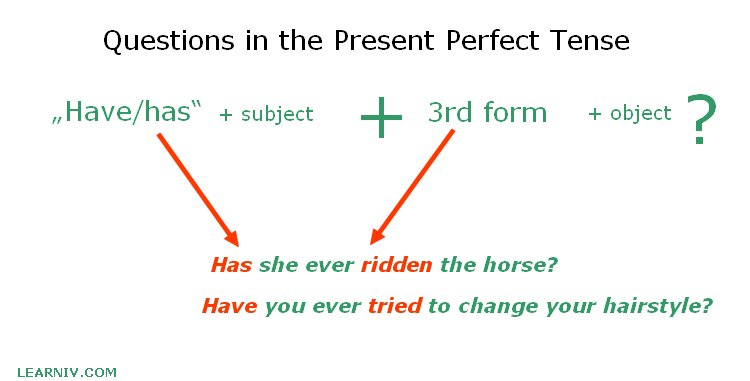Unit 6
Grammar
The present perfect simple
We use this tense when we want to talk about unfinished actions or states or habits that started in the past and continue to the present. Usually we use it to say 'how long' and we need 'since' or 'for'. We often use stative verbs.
To make the positive present perfect
- I've known Karen since 1994.
- She's lived in London for three years.
- I've worked here for six months.
Present perfect tense, use:
- 'have' / 'has' + the past participle
- Make the past participle by adding 'ed' to regular verbs (for example, 'play' becomes 'played')
- There are a few verbs that change their spelling when you add 'ed' (for example, 'study' becomes 'studied')
- We also have some completely irregular verbs
Key words:

(Also, here's some help if you are not sure how to pronounce '-ed' at the end of a verb).
| Positive | Positive Short Form |
| I have played | I've played |
| you have worked | you've worked |
| he has written | he's written |
| she has walked | she's walked |
| it has rained | it's rained |
| we have travelled | we've travelled |
| they have studied | they've studied |

The negative is really simple too. Just put 'not' after 'have' or 'has':
| Negative | Negative Short Form |
| I have not eaten breakfast today | I haven't eaten |
| you have not been to Asia | you haven't been |
| he has not seen the new film | he hasn't seen |
| she has not played tennis | she hasn't played |
| it has not snowed this winter | it hasn't snowed |
| we have not slept all night | we haven't slept |
| they have not tried the food | they haven't tried |

To make a question, put 'have' or 'has' in front of the subject:
| 'Yes / No' Questions |
| have I missed the bus? |
| have you visited London? |
| has he worked as a waiter before? |
| has she met John? |
| has it been cold this week? |
| have we arrived too early? |
| have they studied English grammar before? |
